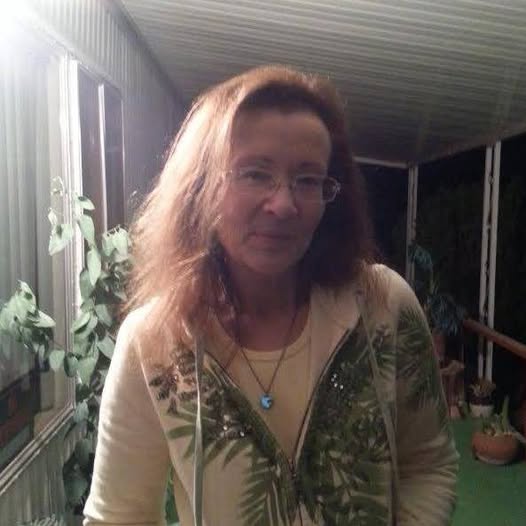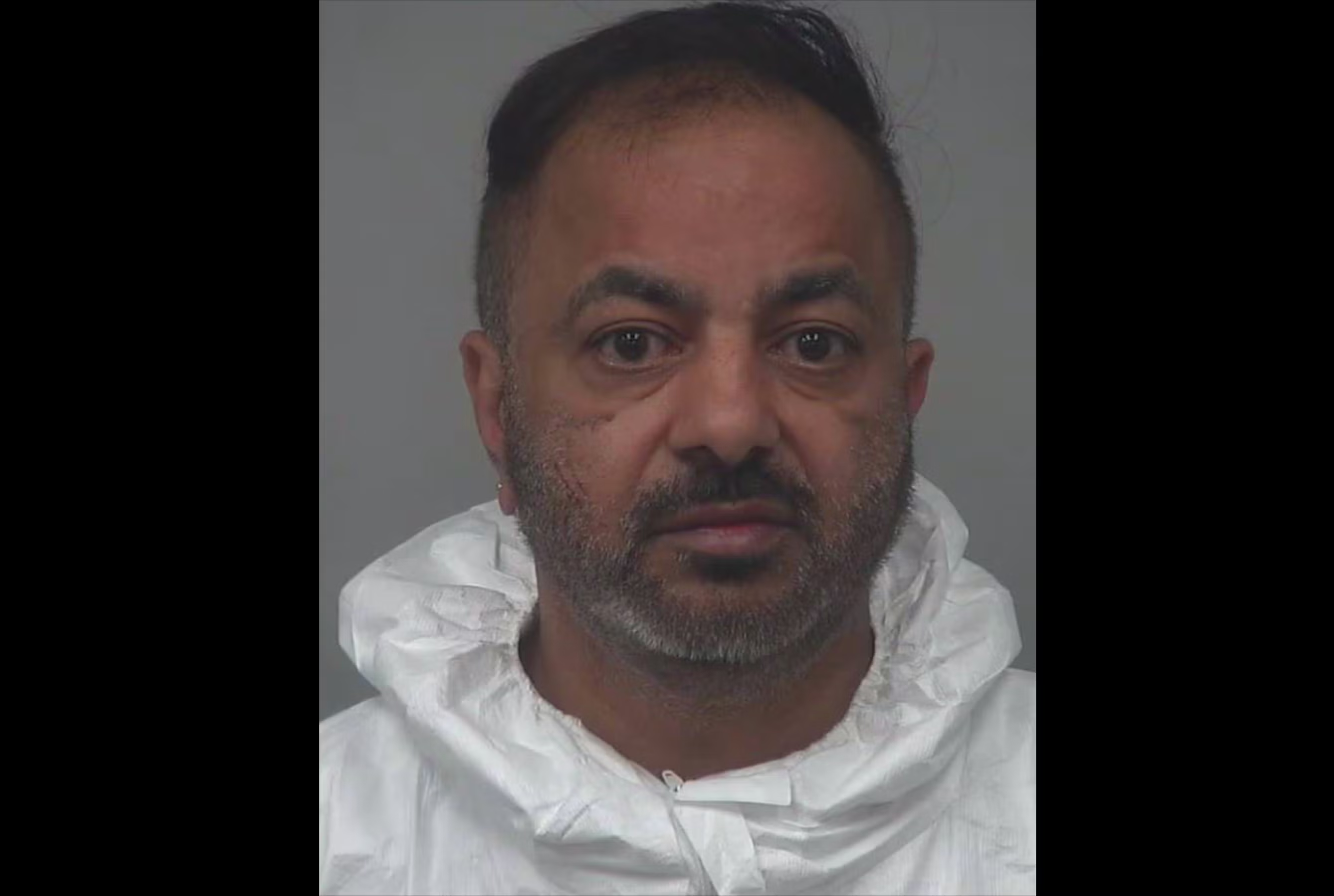In a shocking and deeply unsettling turn of events that has reverberated across California and the nation, federal authorities have identified 25-year-old Guy Edward Bartkus, a resident of Twentynine Palms, California, as the individual behind the devastating explosion at the American Reproductive Centers (ARC) in Palm Springs. The blast, which took place around 11 a.m. on Saturday outside the in vitro fertilization (IVF) clinic, has been labeled by the Federal Bureau of Investigation (FBI) as an intentional act of terrorism. Bartkus, who was the sole person of interest in the investigation, has been confirmed dead.
According to statements released by the FBI and corroborated by multiple media outlets, the explosion was not an accident but a calculated act of violence. Initially, Palm Springs Mayor Ron deHarte was among the first officials to publicly characterize the incident as intentional, a sentiment that was echoed and reinforced by federal authorities as the investigation unfolded. Assistant Director Akil Davis of the FBI’s Los Angeles field office noted during a press briefing that while a person of interest had been identified, there was no ongoing manhunt, signaling early confirmation that the individual was no longer a threat.
Although the identity of the deceased individual found near the exploded vehicle was initially withheld, subsequent investigations, forensic evidence, and intelligence reports confirmed that the body was indeed that of Guy Edward Bartkus. He is believed to have perished in the blast, either by accident or as a part of a planned self-inflicted death. Authorities found a manifesto authored by Bartkus, which he had posted online, further clarifying his ideological motivations. In this document, Bartkus described himself as a pro-mortalist, a fringe philosophical position asserting that existence itself is inherently harmful and that birth without consent is a moral transgression. He wrote scathingly against reproductive technologies such as IVF, describing them as “extremely wrong” and accusing them of exacerbating what he saw as the ethical crime of forced existence.
The American Reproductive Centers on North Indian Canyon Drive, the target of this attack, is a highly regarded facility specializing in assisted reproductive technologies including IVF, egg freezing, and fertility diagnostics. Known for serving a diverse clientele, including same-sex couples and individuals facing fertility challenges, the center has been an essential part of reproductive health care in the region. The explosion caused severe structural damage to the clinic and led to five individuals being injured. Fortunately, none of the injuries have been reported as life-threatening. Emergency responders arrived quickly at the scene, and the injured were treated at local hospitals. The psychological trauma, however, is expected to be long-lasting for both patients and staff.
Federal agents wasted no time in responding to the incident. Following the blast, authorities raided Bartkus’ residence on Adobe Road in Twentynine Palms. The house was shared with Dianne Bartkus, a 63-year-old woman believed to be either his mother or grandmother. Neighbors reported a quiet household, with no visible indicators of radicalization or criminal behavior from the outside. Yet the discovery of the manifesto, along with computer equipment and bomb-making materials recovered from the residence, suggests that Bartkus had been planning the attack for some time.
The FBI’s classification of the bombing as an act of terrorism underscores the growing concern over ideologically motivated domestic threats, particularly those stemming from obscure or emergent belief systems such as pro-mortalism. Unlike more widely recognized extremist ideologies that are rooted in political, racial, or religious doctrines, pro-mortalism occupies a fringe philosophical space, often intersecting with nihilism and antinatalism. Its adherents, though few in number, have occasionally surfaced in online forums to express deep disillusionment with human reproduction, often advocating against having children and, in extreme cases, taking a militant stance against reproductive technology.
Law enforcement agencies have acknowledged the difficulty in detecting and preempting lone-wolf actors like Bartkus. Without clear affiliations to organized extremist groups and with minimal digital footprints, such individuals can often evade scrutiny until they act. The Palm Springs bombing has reignited debate around mental health, online radicalization, and the adequacy of current counter-terrorism frameworks in identifying and mitigating threats posed by isolated but ideologically driven individuals.
Community reaction in Palm Springs has been one of horror, sadness, and anger. The city, known for its inclusivity and progressive values, is home to a large LGBTQ+ population and a strong network of healthcare professionals. In response to the bombing, local leaders have vowed to increase security measures at sensitive sites and to offer psychological counseling to victims and their families. Mayor Ron deHarte issued a public statement condemning the attack, affirming the city’s commitment to diversity and reproductive rights, and calling on federal authorities to ensure that justice is fully served.
Experts in terrorism and extremism have weighed in on the implications of this event. Dr. Rachel Mendelson, a terrorism analyst at the University of Southern California, noted that the Palm Springs explosion highlights the evolving nature of domestic terrorism, where lone actors motivated by personal philosophies pose an increasingly complex challenge for law enforcement. “What we’re seeing is the rise of the individual ideologue—people who may not be part of a broader movement but are radicalized through isolated consumption of fringe content,” Mendelson explained. “These individuals often develop highly personalized justifications for violence.”
The reproductive healthcare community has responded with solidarity. Clinics across the country have tightened security protocols and expressed unwavering support for the staff and patients of ARC. Medical ethics boards and reproductive rights organizations have issued joint statements affirming the moral and medical legitimacy of IVF and other fertility treatments, emphasizing that patients and healthcare providers must be protected from ideological violence.
As of now, the FBI continues to analyze materials recovered from Bartkus’ home and digital records to determine if he had any collaborators or if there are other potential threats inspired by similar ideologies. Although there are no current indications of an extended network or planned secondary attacks, the agency remains vigilant.
In the wake of this tragedy, Palm Springs stands united in its resolve to recover and rebuild. Community vigils are being held in honor of the victims, and city officials have called for a comprehensive investigation not only into the bombing but into broader systemic gaps that allowed Bartkus to carry out his attack. Meanwhile, the American Reproductive Centers has pledged to reopen once it is deemed structurally safe, reaffirming its mission to help individuals and families realize their dreams of parenthood.
The legacy of this attack will undoubtedly shape the city’s discourse on safety, extremism, and reproductive rights for years to come. The loss, pain, and trauma are profound, but so too is the collective will to stand against hate and violence. As Palm Springs mourns, it also resolves—never to be silenced, never to be deterred from the values of compassion, inclusivity, and care that define its community.




